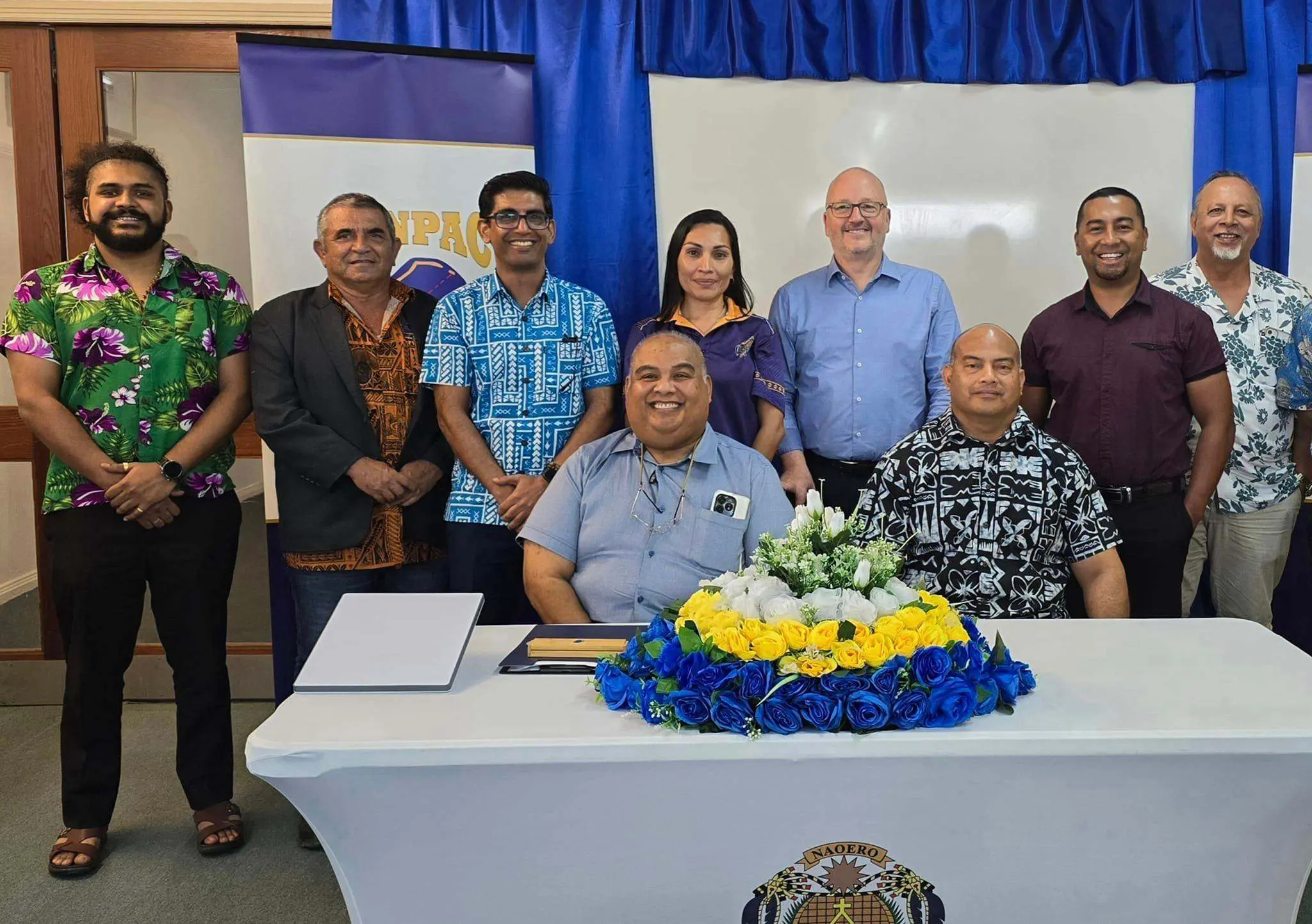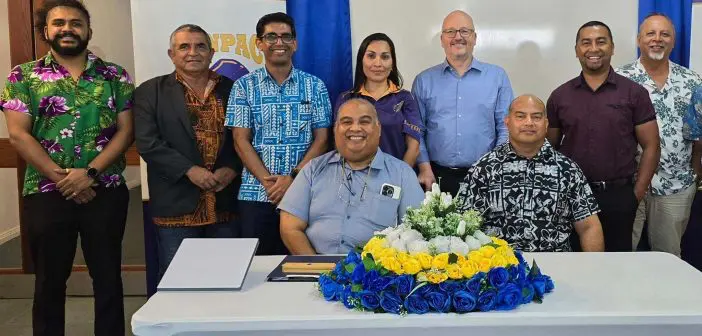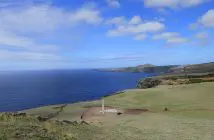
Nauru has become the first South Pacific nation to sign up to SpaceX’s Starlink’s Community Gateway service. Nauruan state-owned entity Cenpac Corporation inked an agreement with Starlink on August 20, 2024, to roll out the lightning-fast internet across the island. The deal continues Starlink’s steady rise in the South Pacific
Under the arrangement, Nauru will provide land at Command Ridge for the installation of the Community Gateway equipment, including a satellite dish and router to connect users to the Starlink network.
According to Starlink’s webpage, its Community Gateway service has an upfront cost of USD1.25 million and a monthly recurring cost of USD75,000. However, Cenpac Chairperson Zikki Eoe says they’ve done a deal with Starlink to reduce that monthly payment.
For the money, Starlink brings the equipment to the customer, who needs to provide space, power, and lifting equipment. Starlink will also maintain and service the Community Gateway hardware. Cenpac, Nauru’s internet service provider, will take care of the last-mile rollout to homes and business premises. That last-mile delivery can be in the form of fibre, fixed wireless, or mobile wireless.
“Once the rollout is complete, it will be a new era for mobile communication for our country,” said Nauru’s Minister for Telecommunications Shadlog Bernicke.
Starlink says its more than 6,200 operational satellites provide some of the fastest internet speeds in the world. The low-Earth-orbit constellation has grown by another 22 satellites this week, with SpaceX’s Group 10-5 mission lifting off from Cape Canaveral with the satellites stowed onboard.
While Nauru is the first South Pacific nation to pony up for the Community Gateway service, Starlink is increasingly making its presence felt in the region, despite pushback from some governments.
The governments of some South Pacific nations, including Nauru and the Cook Islands, have been open to its citizens using Starlink on their personal devices. Others, such as Vanuatu and Niue, have banned the provider altogether. Tonga and Fiji have recently allowed Starlink in after initially banning it. Real or perceived security concerns are one issue. Competition against local internet service providers is another.
This month, the Niue Government warned local Starlink users of the potential consequences of using the service, including fines of up to AUD200 and/or three months imprisonment.
Residents of countries where the service is banned can return from overseas with Starlink-compatible handsets in their luggage and often do not declare them. However, border authorities in many such jurisdictions are beginning to crack down and confiscate the devices if found. Recently, Niue’s government has formally asked SpaceX to geo-block its service. SpaceX has yet to agree to this.
Unreliable local ISPs and disruptions to undersea cables have made satellite internet services an increasingly attractive option for many people living in the South Pacific, underwriting Starlink’s push into the region.
In Nauru, residents will have the option of continuing to using their existing Starlink kits or switch to the Community Gateway service. New customers with a local Nauru address will also be allowed to sign up. Installation is expected to be complete by October and the service switched on the following month.





